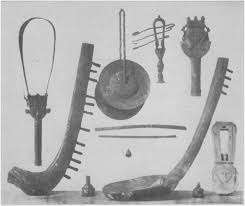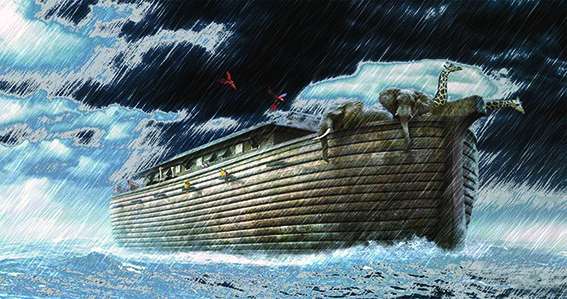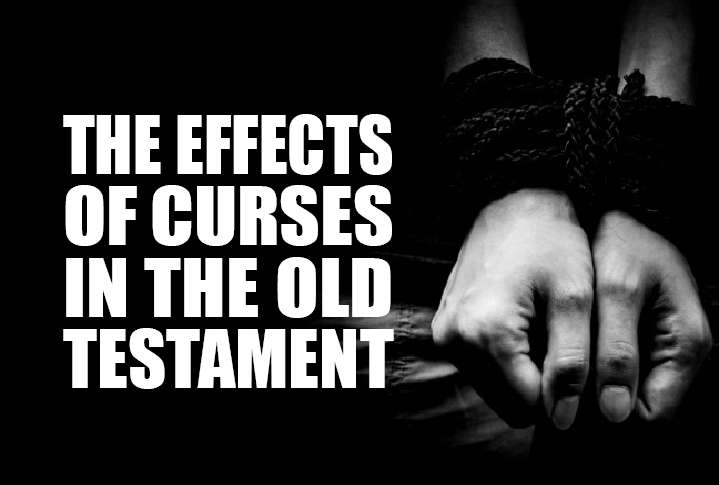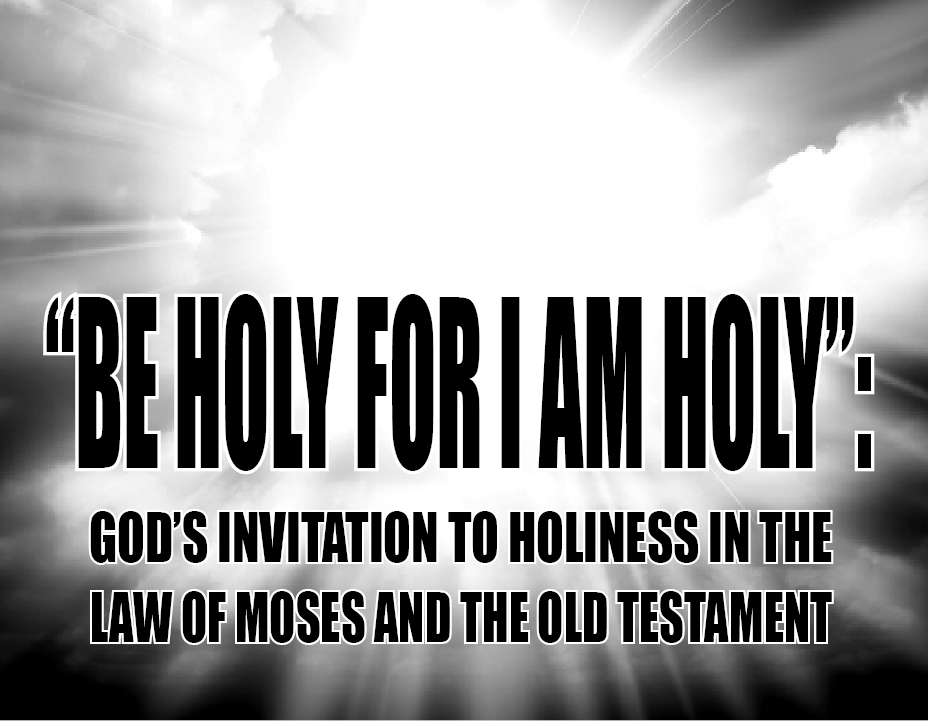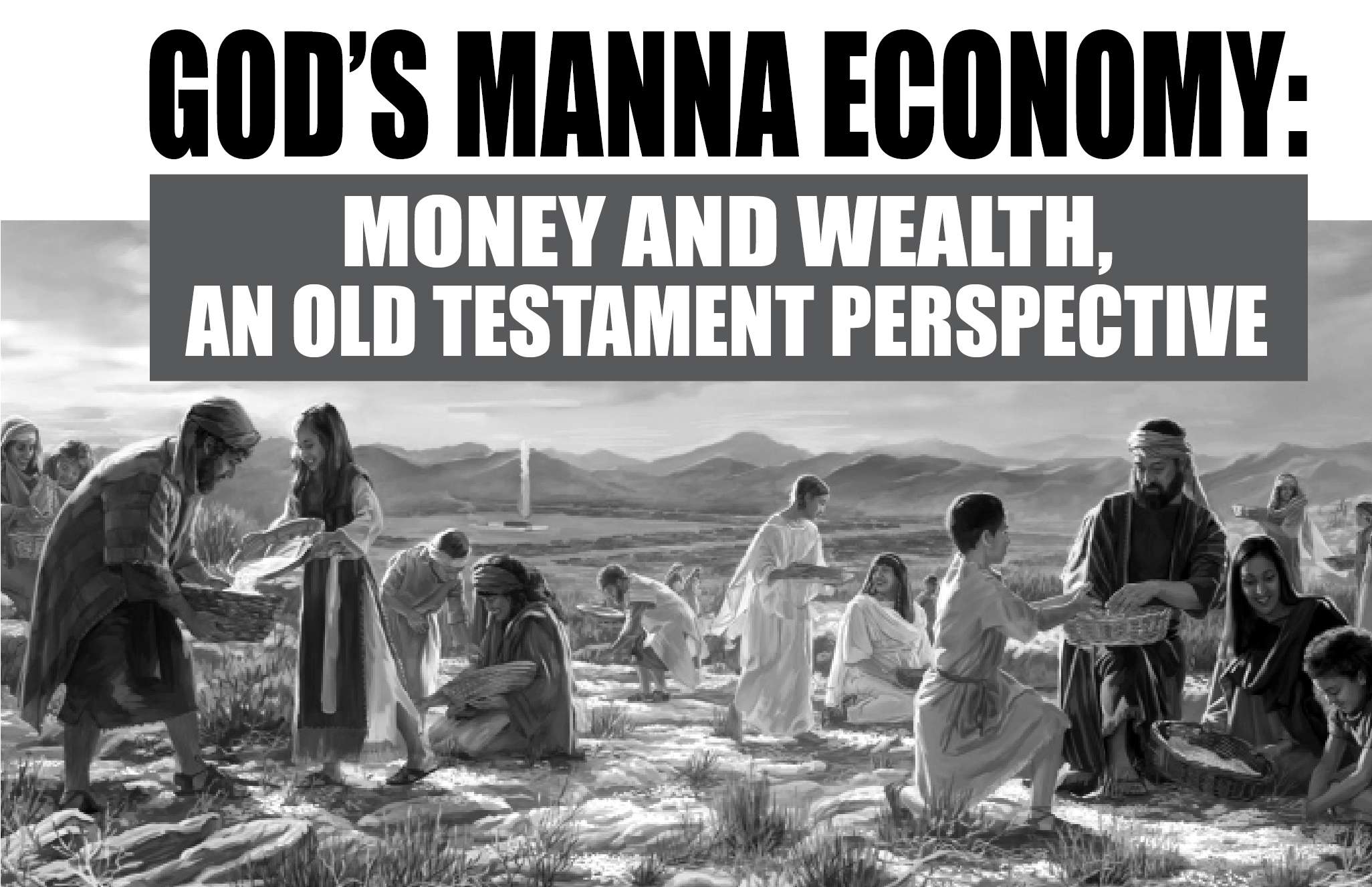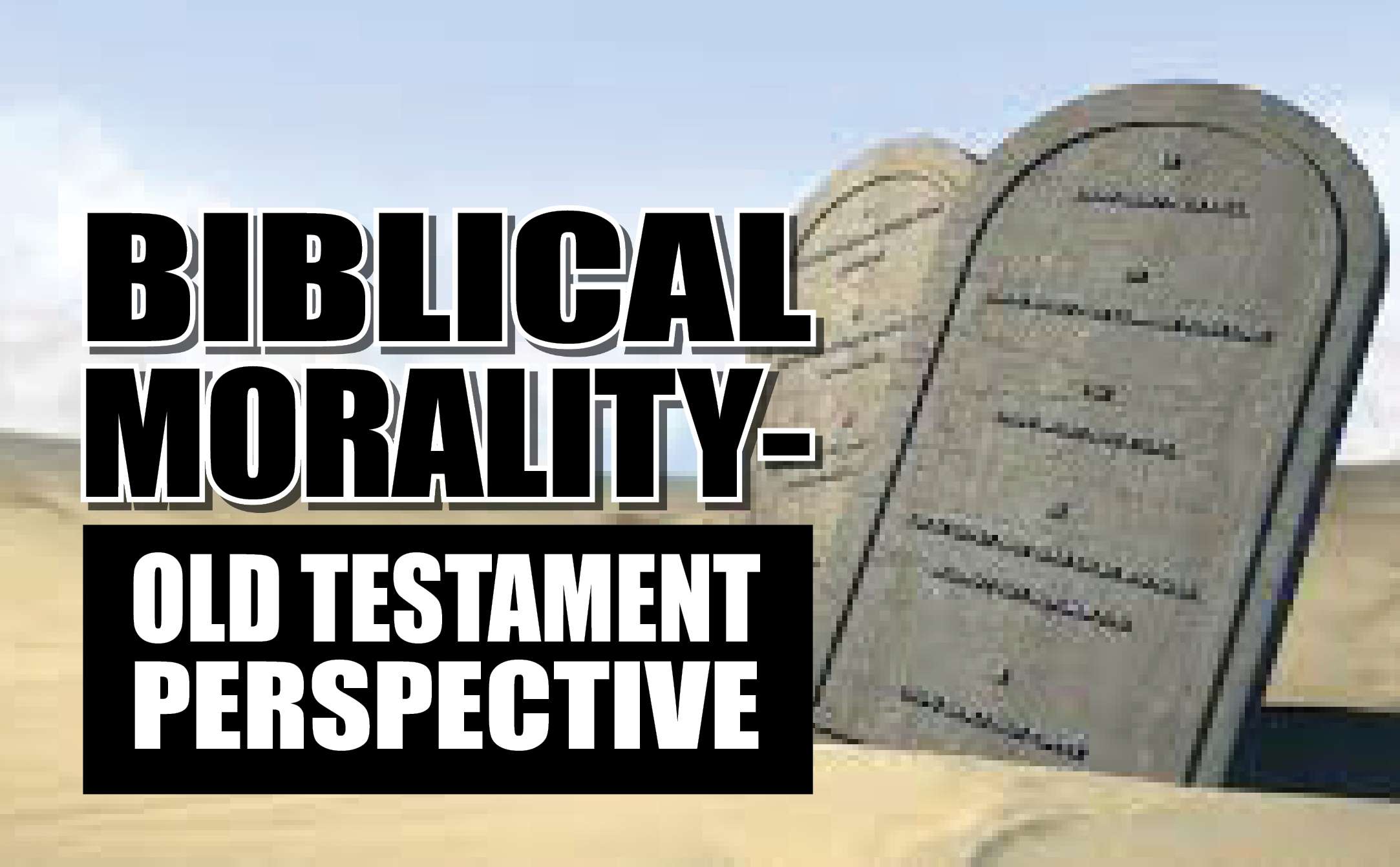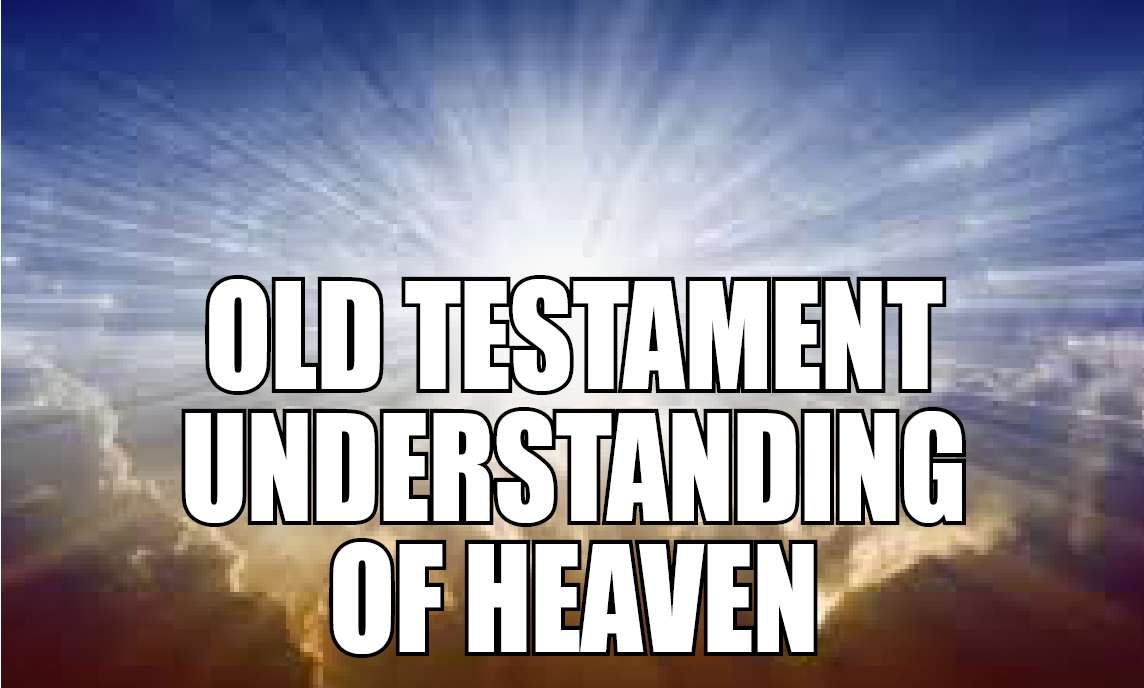

Old Testament Understanding of Heaven
Pr. Jison Saju Joseph
In the Old Testament, though there are beliefs of afterlife from story of Enoch (Gen. 5:24), beliefs on heaven and resurrection gained more importance during the period of early Judaism. Thus we see more references of the Jewish beliefs on heaven in the New Testament passages. Though the New Testament reflects much more specific revelation from God of the afterlife, there are very importance insights in the Old Testament about heaven and afterlife. The Old Testament concepts such of Sheol, Abraham’s bosom, New Heavens and New Earth etc provide very significant insights to the Christian understanding of heaven. The life story of Job in the Old Testament is a good example. In a short time, he lost everything including his family, his wealth, his health, even his friends. In the midst of it all, he felt he might be dying, but instead of shrinking back from death, he welcomed it. Why? Not only because he knew it would bring an end to his sufferings, but also because he knew that if he died he would go to be with God. He declared, “I myself will see him with my own eyes…How my heart yearns within me!” (Job 19:27).
When King David’s infant son was taken from him by death, David affirmed his conviction that some day they would be reunited (see 2 Samuel 12:23). And his words in Psalm 23 have brought comfort and hope to countless generations of believers: “Even though I walk through the valley of the shadow of death, I will fear no evil. … I will dwell in the house of the Lord forever” (Psalm 23:4,6). Psalm 16:9-11 might indicate that the psalmist David anticipated a place of blessing at God’s side in the afterlife. Likewise, Psalm 73:24, 25. But most of the anticipation of believers in that time was on the possibility of earthly existence in the kingdom after being resurrected. Daniel 12:1-3 is the clearest expression of this, though Jesus shows in Matthew 22 that the resurrection was a concept that could have been derived from the books of Moses.
The Concepts of Sheol and Abraham’s Bosom in Israelite History and Early Judaism
There was a clear sense among Jews that Paradise was a place for believers who died and that it was located under the earth’s surface (see Luke 16:19-31 and 23:43). This place was also called Sheol (the name also used for ‘grave’ in Hebrew) or Hades. Jesus depicts it as having two compartments, one of torment for the unrighteous, and one he called Abraham’s bosom or Paradise, which was for believers. When he ascended into heaven after his resurrection, it seems he took the believers in Hades/Paradise/Abraham’s bosom to heaven with him and all who die in Christ go immediately there now (Philippians 1:23; 2 Corinthians 5:8; Acts 7:54-60). So this is one of those topics whose knowledge broadened through the course of God’s dealing with His people over the ages. They believed that when they died they would go to Abraham’s bosom or Paradise and then were taken to heaven when Jesus ascended to heaven after his resurrection.
There is not a lot in the Old Testament about heaven except to say that it is the abode of God. When someone died in the Old Testament s/he went to Sheol, the heart of the earth. When Samuel appeared to Saul, we see him coming up out of the earth (1 Sam. 28:12-15). Even when Jesus died he went to the heart of the earth (Matt. 12:40: Acts 2:27; Rom. 10:7; Eph. 4:9; 1 Peter 3:18-19). It seems that in early Judaism it was believed that Sheol (the Underworld, Abyss, Deep, Hades) was compartmentalized into a place of torment and a place of comfort according to our Lord's story of the rich man and Lazarus (Luke 16:19-31). From the Christian perspective, we can understand that an Old Testament believer could not go directly into the presence of God until Jesus actually paid for the sins of the world in time. However, now when a New Testament believer dies s/he goes directly to be with the Lord (Acts 7:59; 2 Cor. 5:8; Phi. 1:20-23).
There are a few allusions and several clear references to a resurrection in the Old Testament (Job 14:7-15; 19:26; Psa. 16:9-11; 49:14-15; 73:23-26 Isa. 25:8; 53:12 and especially Isa. 26:19; Dan. 12:2, 13; Hos. 13:14), but the Old Testament does not say much about what was expected afterwards. However we do read in the New Testament that Abraham “looked for a city…whose builder and maker is God” (Heb. 11:10). This is very much related to the concept of the New Jerusalem (Rev. 3:12; 21:2 also John 14:1-3), which is the ultimate dwelling place of the child of God, or what we would call “heaven.”
The Book of Isaiah and the Concept of New Heavens and New Earth
Isaiah announces the eschatological day of the Lord, when the Lord will create a new heavens and a new earth. That new creation will so exceed the present creation that we will not even remember the former things. Together with the new creation there will be a New Jerusalem, which rejoices in Yahweh and Yahweh rejoices in her. New Testament writers like Peter and John’s language of “a new heaven and a new earth” comes from Isaiah 65:17—25, the mighty prophet of Israel (2 Pet.3, Rev.21).
As Isaiah stresses elsewhere, Yahweh’s glory will fill the earth, and the entire earth will know Yahweh. Verse 20 gives a hypothetical: If someone were to the, it would not be before one hundred years. Everyone will live long. Earlier in Isaiah 25 the prophet proclaimed that death itself will be swallowed up (v. 8). According to Isaiah 65:21-23, God’s people will build houses, plant vineyards, and enjoy the work of their hands. “They will not toil in vain” (v. 23). The future new creation will be the reversal of the curse of Genesis 3, a new earth where God’s people are active, doing constructive activities. Then Isaiah repeats the picture of the animals that he gave in Isaiah 11. When the eschatological new creation comes, then “The wolf and the lamb will graze as one, and the lion like large cattle will eat straw” (Is 65:25). Then both predator and prey will live together peacefully and harmoniously. Then the carnivorous animals will become herbivores. Before the presence of Yahweh humans and animals will live harmoniously. There will be a new creation, established by the Creator himself, the Creator Himself through his prophet has promised a new creation with animals. We have no basis to discard this promise as merely symbolical. The Creator will reclaim the messed up creation, including animals.
The Concepts of Resurrection and Eternal Life in the Old Testament
The prophets announced the future day of Yahweh when the present creation will be destroyed (for example. Is 34:4; 51:6; Jer 4:23-26; Zep 1:2-3; cf. Ps 102:25-27). Some prophetic texts speak of creation being consumed by fire (Is 30:30; 66:15—17; Zep 1:18; 3:8). Job had the assurance that although he was going to be eaten by worms, he would receive a new body and in that body would actually see God face to face, obviously conscious. In Job 19:25-27 he says that “I know that my Redeemer lives, and that in the end he will stand upon the earth. And after my skin has been destroyed, yet in my flesh I will see God; I myself will see him with my own eyes—I, and not another. How my heart yearns within me!”
Then there’s Isaiah 26:19: “But your dead will live; their bodies will rise. You, who dwell in the dust, wake up and shout for joy. Your dew is like the dew of the morning; the earth will give birth to her dead.” Dan 12:1-3, is quite clear: “At that time Michael, the great prince who protects your people, will arise. There will be a time of distress such as has not happened from the beginning of nations until then. But at that time your people—everyone whose name is found written in the book— will be delivered. Multitudes who sleep in the dust of the earth will awake: some to everlasting life, others to shame and everlasting contempt. Those who are wise will shine like the brightness of the heavens, and those who lead many to righteousness, like the stars forever and ever.”
In his book, Hard Sayings of the Bible, Walter Kaiser writes that “Psalm 49 presents a stark contrast between the end of the lives of the wicked and the end of the lives of the righteous. The wicked are like ‘the beasts that perish’ (Ps 49:12, 20), without any hope that they ‘should live on forever’ (Ps 49:9). However, the righteous have the triumphant expectation that ‘God will redeem [them] from the grave [Sheol in Hebrew]; he will surely take [them] to himself’ (Psalm 49:15). The idea is the same as that of Genesis 5:24: God will snatch, take or receive us to himself when we die. If the psalmist had in mind the fact that he would be rescued from death for a few years, though he knows he still must eventually die like the beasts, then the psalm has very little, or no, point. Psalm 73:23-25 makes a similar contrast between the wicked and the righteous. Once again there is faith that reaches beyond this life, and it centers on this verb ‘to take’ (laqah in Hebrew)- ‘You guide me with your counsel, and afterward you will take me into glory’ (Ps 73:24).”
For the believer in Yahweh in Old Testament times, death did not end it all. There was life after death, and that life was to be in the presence of the living God. While Enoch did not experience ‘resurrection,’ he did experience glorification. He did, along with Elijah, transcend this mortal life and go in his body to be with God. Since Enoch had not died, he could not be resurrected.” Many have argued that immortality is a New Testament idea despite the fact that passages such as the Psalms and Daniel 12:1-3 clearly refer to life after death and a bodily resurrection. In the 73rd Psalm a man named Asaph described how he almost lost his faith in God when he considered how evil people prospered and the godly suffered. But then he said he went into the sanctuary of God. From the perspective of worship, he suddenly saw evil men standing on the slippery ground of their mortality. With new insight he confessed, “Whom have I in heaven but You? And there is none upon earth that I desire besides you. My flesh and my heart fail; but God is the strength of my heart and my portion forever” (Ps. 73:24-26).
Even the careful attention that the Hebrews paid to the remains of their dead suggest some notion of an afterlife (e.g., burial, burial rites, disinterment and re-burial, defense of dead bodies from predators, rescue of dead bodies being dishonored by enemies, and so on). This is typically used by anthropologists as evidence for such a belief. Finally, consider Job 14, which is a major Old Testament chapter on conscious life after death: “A mortal, born of woman, few of days and full of trouble, comes up like a flower and withers…..O that you would hide me in Sheol, that you would conceal me until your wrath is past, that you would appoint me a set time and remember me! If mortals die, will they live again? All the days of my service, I would wait until my release should come.” (Job 14:1-14).

